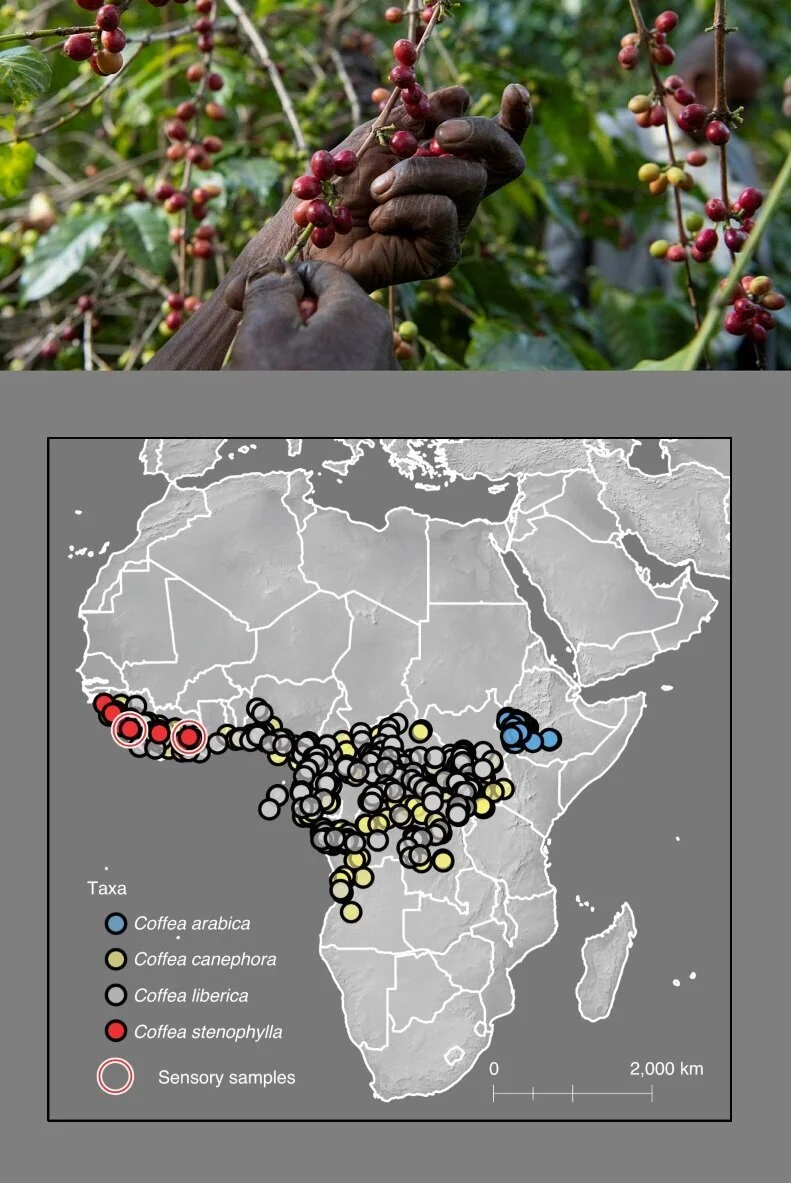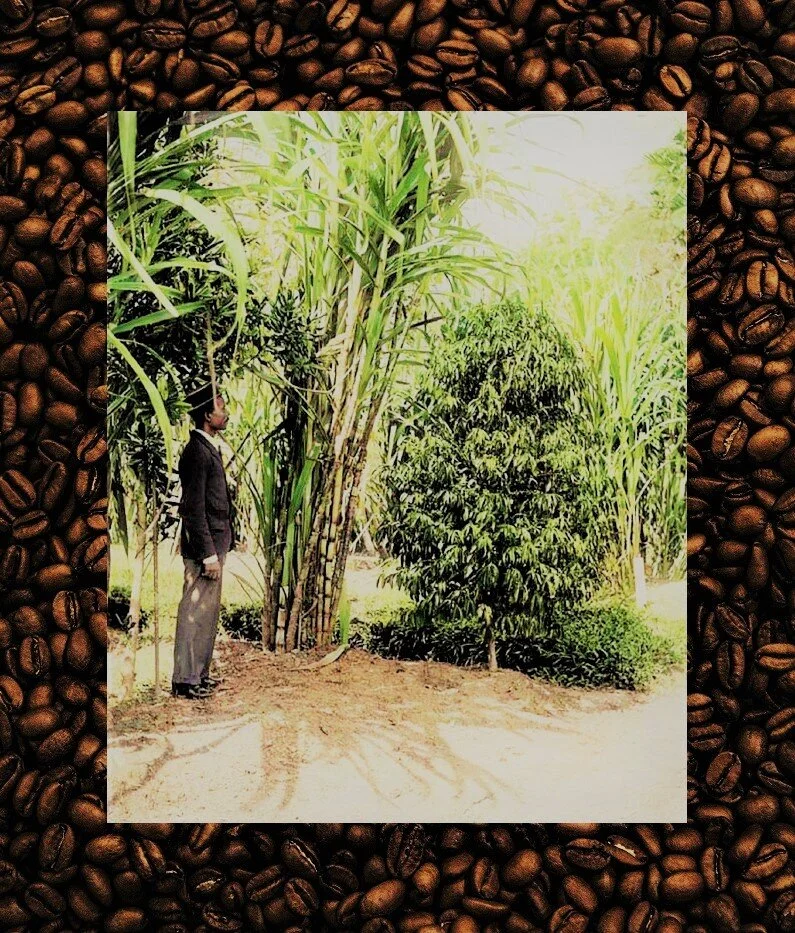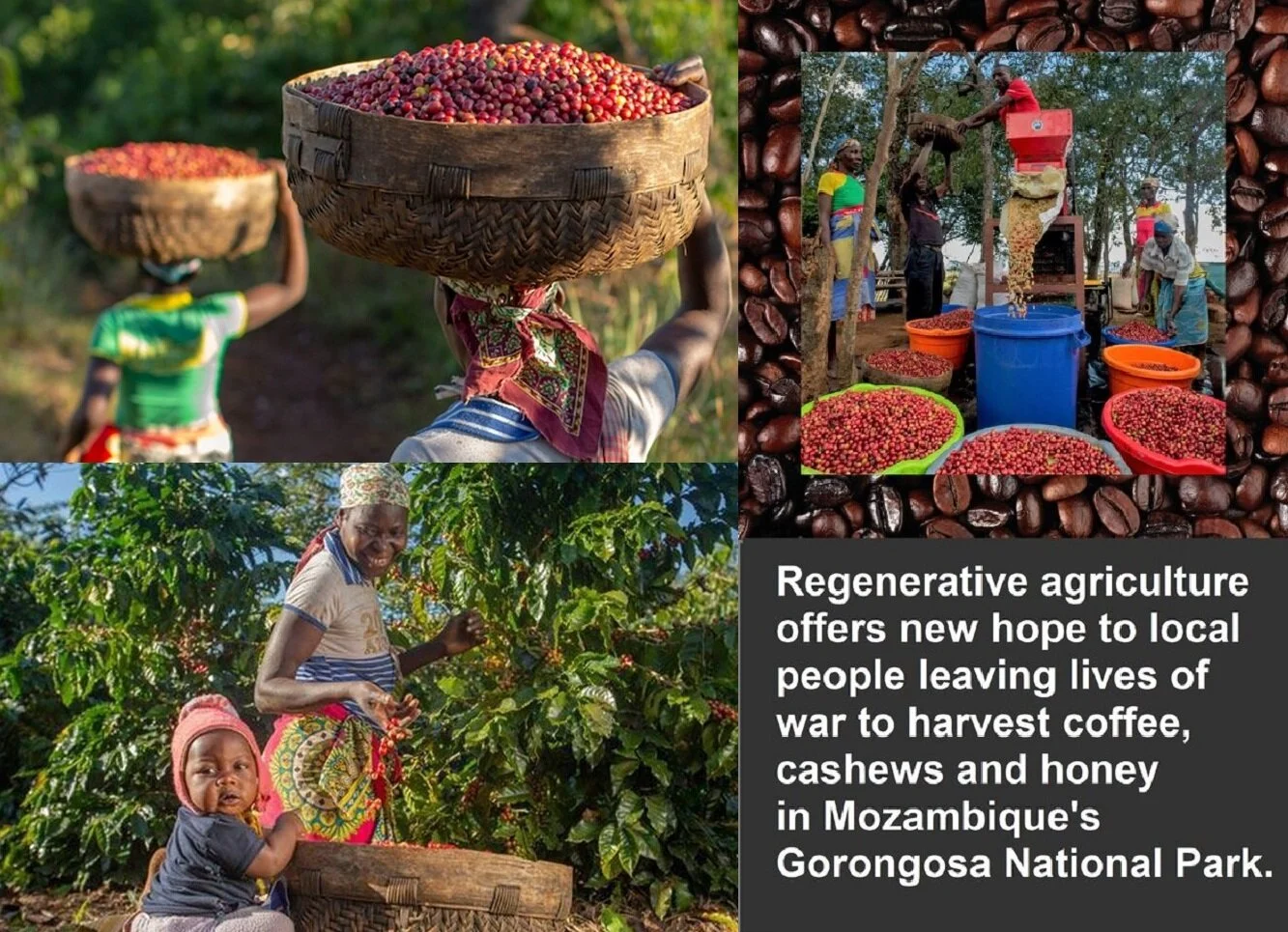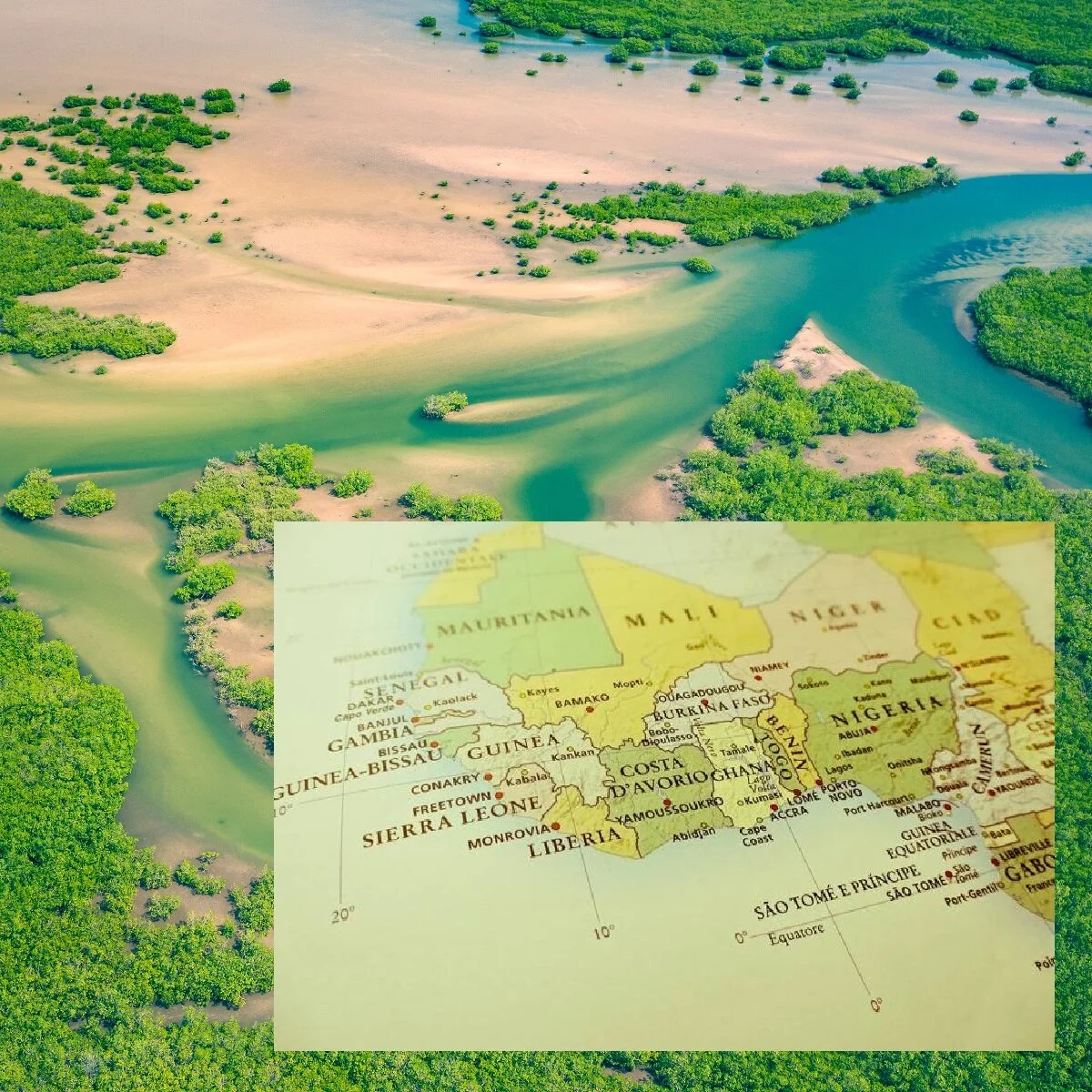Apple Leads First-Ever $200 Million Climate Change Restore Fund With Partners
/Apple Leads First-Ever $200 Million Climate Change Restore Fund With Partners AOC Sustainability
Apple announced in April announced a first-of-its-kind carbon removal initiative — called the Restore Fund — that will make investments in forestry projects to remove carbon from the atmosphere while generating a financial return for investors. Launched with Conservation International and Goldman Sachs, Apple’s $200 million fund aims to remove at least 1 million metric tons of carbon dioxide annually from the atmosphere, equivalent to the amount of fuel used by over 200,000 passenger vehicles, while demonstrating a viable financial model that can help scale up investment in forest restoration.
This effort is part of Apple’s broader goal to become carbon neutral across its entire value chain by 2030. While the company will directly eliminate 75 percent of emissions for its supply chain and products by 2030, the fund will help address the remaining 25 percent of Apple’s emissions by removing carbon from the atmosphere. Trees absorb carbon as they grow, with researchers estimating that tropical forests hold more carbon than humanity has emitted over the past 30 years from burning coal, oil, and natural gas, despite ongoing deforestation. The partnership aims to unlock the potential of this natural solution by scaling it in a way that makes it attractive to businesses.


































